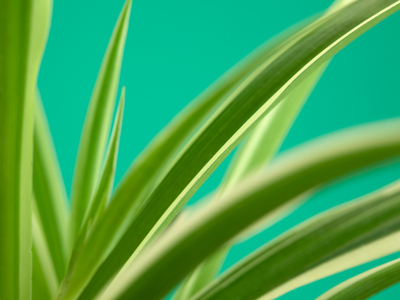
Biology - Cloning (AQA)
Genetic variation and its control is one of the topics studied in GCSE Science. This is the third of four quizzes on the topic and it looks at sexual and asexual reproduction and cloning.
There are two forms of reproduction: sexual and asexual. During asexual reproduction there is no fusion of gametes (sex cells) and only one individual is needed as the parent. Therefore, unlike sexual reproduction, in asexual reproduction there is no mixing of genetic information and so no genetic variation in the offspring. These genetically identical individuals are known as clones.
Humans have been cloning plants for thousands of years - taking cuttings produces new plants that are genetically identical to the original parent plant. Single celled organisms like bacteria and amoeba create clones of themselves as they reproduce by binary fission or budding.
Ready for more?
not all...
quizzers. Try to win a coveted spot on our Hall of Fame Page.







